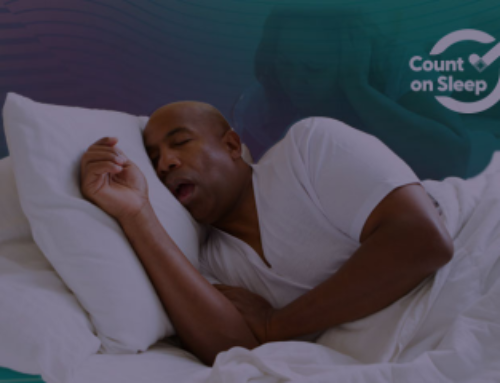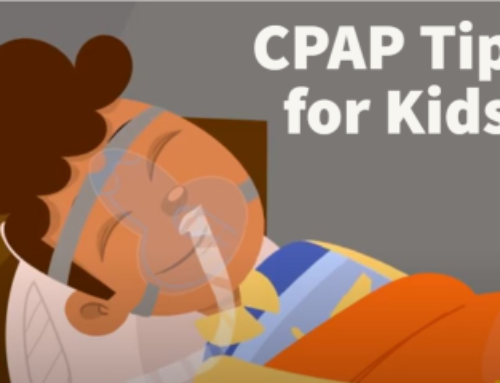The engineer reported feeling “dazed and “almost like mesmerized” right before his train hit a sharp curve and careened off the tracks in December. Months later, an NTSB investigation suggests sleep disorders and poor quality sleep played a large role in the deadly New York commuter train accident that killed four people and injured more than 70.
In the aftermath of the derailment, the engineer visited a board-certified sleep physician, who diagnosed him with severe sleep apnea. When the disorder is untreated, it can cause fatigue, slow reaction times, reduced alertness, and impaired thinking.
At 5-foot-10 and 261 lbs (severely obese), the conductor’s sleep disorder should have been detected long before he went to work that morning. If the disorder had been diagnosed and treated sooner, it’s possible that the deadly accident could have been prevented.
More than 100,000 accidents every year involve a drowsy or impaired driver. A vast majority of these accidents occur every day on our roadways and don’t receive as much attention as the New York train derailment. However, many are just as deadly and just as preventable.
Sleep disorders, medication side effects, and even a night of poor sleep can increase the risk of a drowsy driving accident.
Shift work disorder, or when your body has difficulty adjusting to non-traditional work schedules, is another common cause of drowsy driving among commercial vehicle operators. Truckers, pilots, and train operators are often required to switch between working late nights, overnights, and early mornings. This type of scheduling, which happens all too often, is a safety risk.
It should come as no surprise that the shift work disorder also factored into the commuter train derailment. The conductor had switched his schedule to an early morning shift shortly before the crash, according to an NTSB report.
If you have trouble keeping your eyes open when you’re driving or have difficulty remembering the last few minutes of your trip, you may be putting yourself and anyone else on the road at risk. Short-term drowsy driving prevention tactics may help you get to your destination safely.
If drowsy driving is a regular occurrence, an underlying sleep disorder may be causing your fatigue. Talk to your physician about your sleep or schedule an appointment with a board-certified sleep specialist to find out if you have a sleep disorder.





